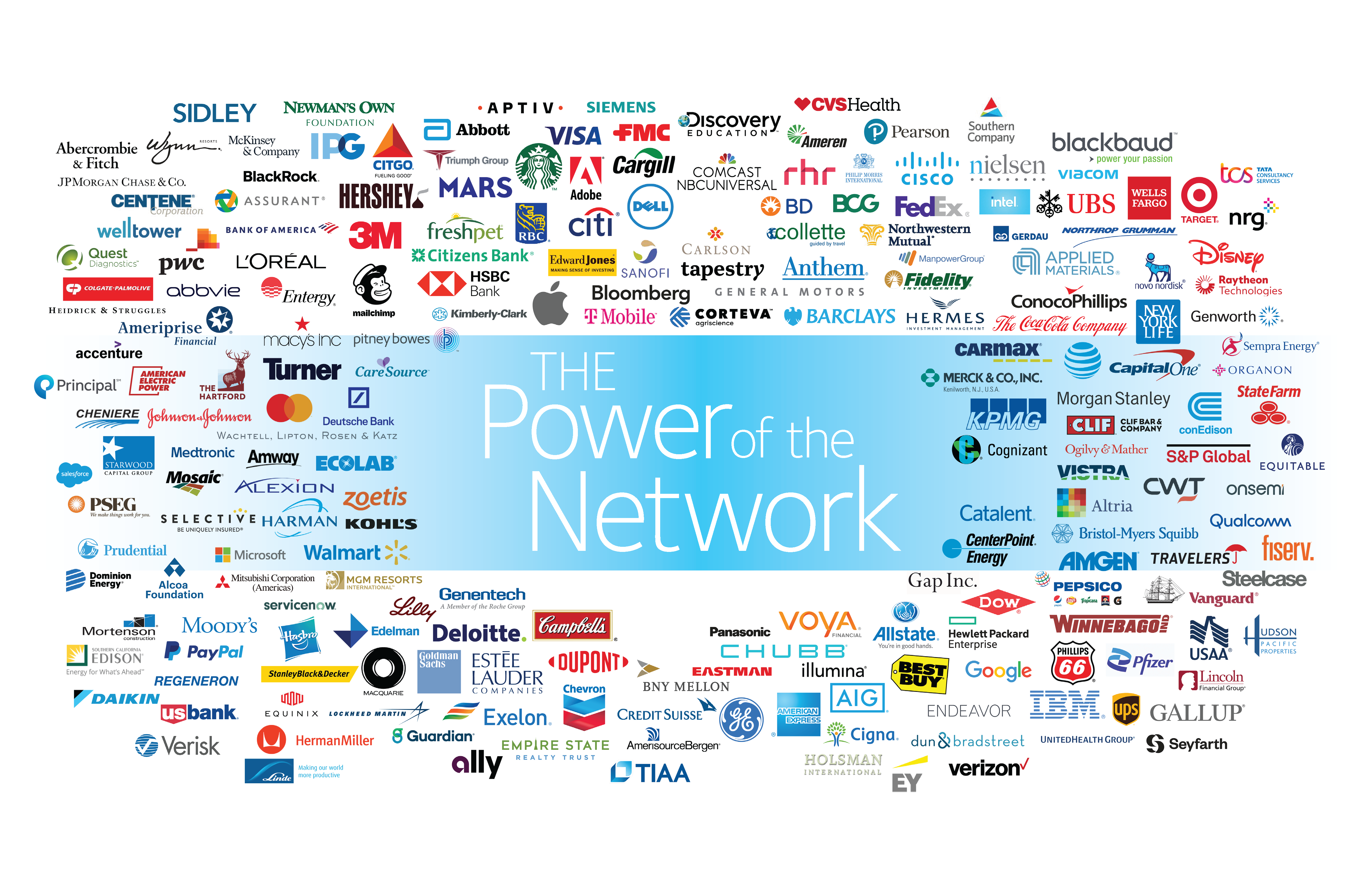The headlines are a buzz. And in them, ESG has taken a beating, with “woke capitalism” as the click bait of the week. But we’re not worried. ESG can take it. We welcome the debate as it only makes companies’ convictions stronger. It refreshes their corporate purpose, reminding them why they are on this journey. And what is that “why”? An ESG focus–or sustainable business–is good for people, planet, and yes, business. Research shows better long-turn returns for companies that focus on ESG.
Businesses are long past debating the value of ESG. The naysayers are about 10 years late. The train has left the station as companies are far along on the ESG journey. They are gathering data, reporting on it, building teams, hiring talent, changing business practices, engaging employees, meeting investor long-term information needs, satisfying customer demands for responsible products, and much more. The list of ESG benefits is too long to mention here.
Those questioning ESG, we wonder, are they really against clean water, employee wellbeing, and good corporate governance? Do they really believe business can operate in a one-dimensional world of shareholder primacy? What about the others who impact business? The employees who need a sense of purpose and dignity to be effective at their jobs? The boards that operate better when they represent diverse opinions and skills? The customers who look for ethical companies? The supply chain partner asking questions about a company’s energy use?
We understand that companies might be confused by this recent conversation about the validity of ESG. ESG is not easy to do or understand. Why is Tesla out and Exxon in the S&P 500? As with any framework, there are opportunities to improve. There is a need for common metrics and generally accepted material measures that can be assured. Recently announced Stakeholder Capitalism Metrics and the SEC proposal on climate are a start. ESG is not all inclusive and can get overly complex. The goal of ESG metrics is not to drive perfection and exclusion, but to track progress and encourage engagement. ESG is just the kind of roadmap we need for the sizable transformation we face to address core business challenges.
ESG is not new. We’ve watched it swirl and form over the last few decades. It has tracked a healthy corporate evolution over that time. Companies have adapted to pressures—be they regulatory (sharing EEO-1 data), moral (divesting from South Africa during Apartheid), stakeholder needs (mentioned earlier), social (equity focus after the murder of George Floyd), and more.
ESG allows companies to assess material risk factors. Companies are telling the world, this is our plan to be around for a long time, be profitable, innovate, solve challenges, and be sustainable. ESG strategies say, we looked around the corner, saw what was coming, and know what to do. They identify precisely what a company needs to be focused on and have a plan to address. I recently shared that it’s time for companies to do less, which essentially asks a company to match its skills and resources to how it can uniquely solve market, business, and societal challenges. Focus on what’s material.
CECP’s Long Term Plan framework, with some 40 companies including IBM, Merck, and Moderna, delivering a plan to date, was created to answer the call from investors for more forward-looking information about growth, strategy, and risk. Investors need decision-relevant data to determine where to put their capital. But individual investors also want to understand where their money is going, demanding ESG screens. And that need for accountability and transparency caught on. Now we all want it. We’ve seen it and we’re not going back.
So, the naysayers can continue to peck away at ESG, but companies are not retreating as this is capitalism and it’s here to stay.
CECP is supporting scores (40+) of companies on their sustainable business journeys to reduce the complexity of ESG and strengthen internal alignment and external communication by providing real-world tools, benchmarking, assessments, and case studies. How can we help?


